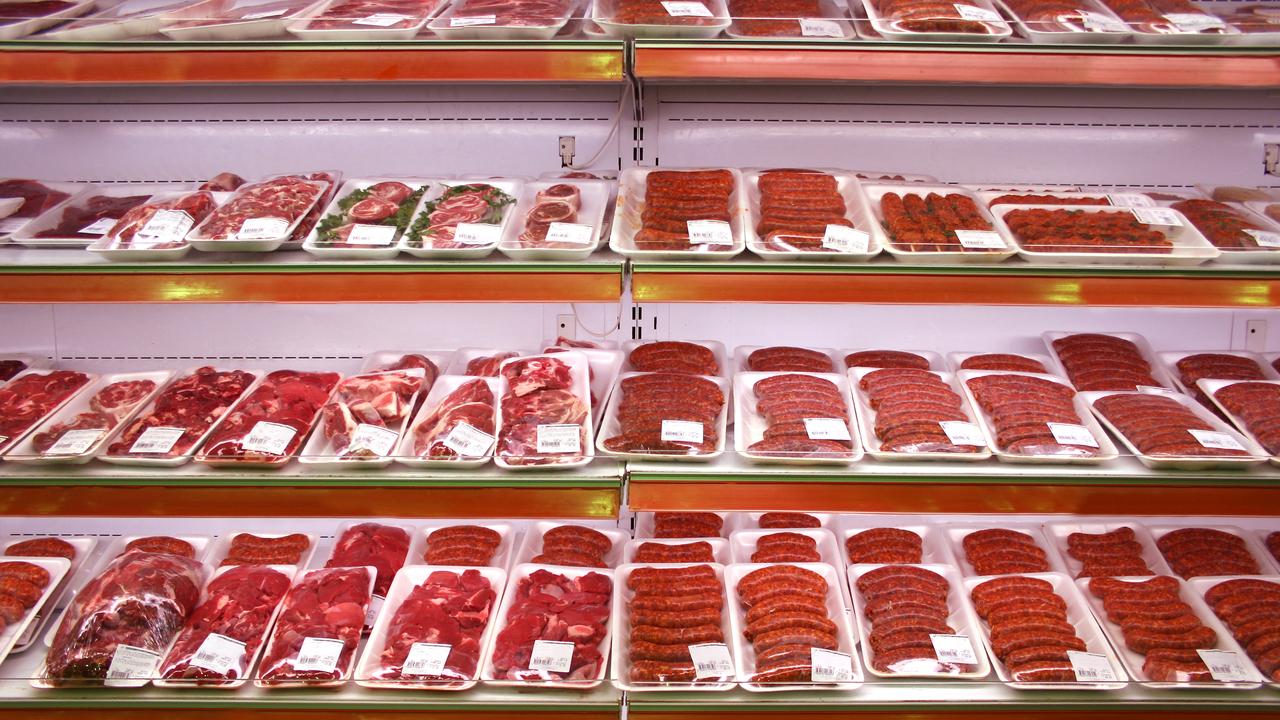
Swiss food labels must declare animal suffering from July

From July 1, food labels in Switzerland will have to disclose whether products of animal origin involve painful practices. The Swiss federal government has approved a series of ordinances requiring the labelling of meat, eggs and foie gras.
Consumers purchasing products such as meat, milk or eggs will receive clearer information about how animals were treated during production. Labels must now indicate whether any painful procedures were carried out without anesthesia or stunning, according to a government statement published on Wednesday.
Examples of such practices include castration or dehorning of cattle without anesthetic and castration, tail docking or teeth clipping for pigs without pain relief. The same applies to the cutting of frogs’ legs without anesthetic.
Foie gras declaration included
Liver and meat from force-fed geese and ducks must also be labelled accordingly. While force-feeding has been banned in Switzerland for more than 40 years, the practice is still legal in other countries. The move is part of the government’s response to a popular initiative aiming to ban foie gras imports, which the Swiss government does not support.
The labelling obligation applies to all establishments offering such products – including restaurants, small businesses, and retail outlets. Under self-monitoring rules, these businesses must determine whether their goods fall under the declaration requirement.
By mandating these disclosures, the Swiss government says it is “increasing transparency for consumers, enabling them to make informed purchases.” A two-year transition period has been granted to implement the changes.

More
How are you, Switzerland? Let us know in our 2025 survey
Fur restrictions tightened
Also from July 1, the import of fur and fur products obtained through cruel practices will be banned under newly amended ordinances.
In practice, fur shops, fashion retailers, and online sellers will be required to prove that the fur items they offer meet Swiss animal welfare standards. Currently, mandatory fur labelling only requires details about the species, provenance and origin of the pelt.
However, the Swiss government noted widespread non-compliance in the industry. In 2023 alone, authorities found faulty labelling in around 60% of outlets inspected. Under the new rules, banned products will be withdrawn from sale and offending businesses may face prosecution.
At the same time, the Swiss government does not support the popular initiative “Yes to a ban on the import of fur products from animals that have been mistreated (fur initiative)”.
The government rejected the text submitted by Alliance Animale Suisse, although it understands the objectives, which it intends to put into practice in an indirect counter-proposal. This will ban the import, transit and trade in furs and fur products obtained using methods that are cruel to animals. This ban is to be enshrined in the Federal Law on the Protection of Animals
Translated from French using DeepL/amva

In compliance with the JTI standards
More: SWI swissinfo.ch certified by the Journalism Trust Initiative






























You can find an overview of ongoing debates with our journalists here . Please join us!
If you want to start a conversation about a topic raised in this article or want to report factual errors, email us at english@swissinfo.ch.